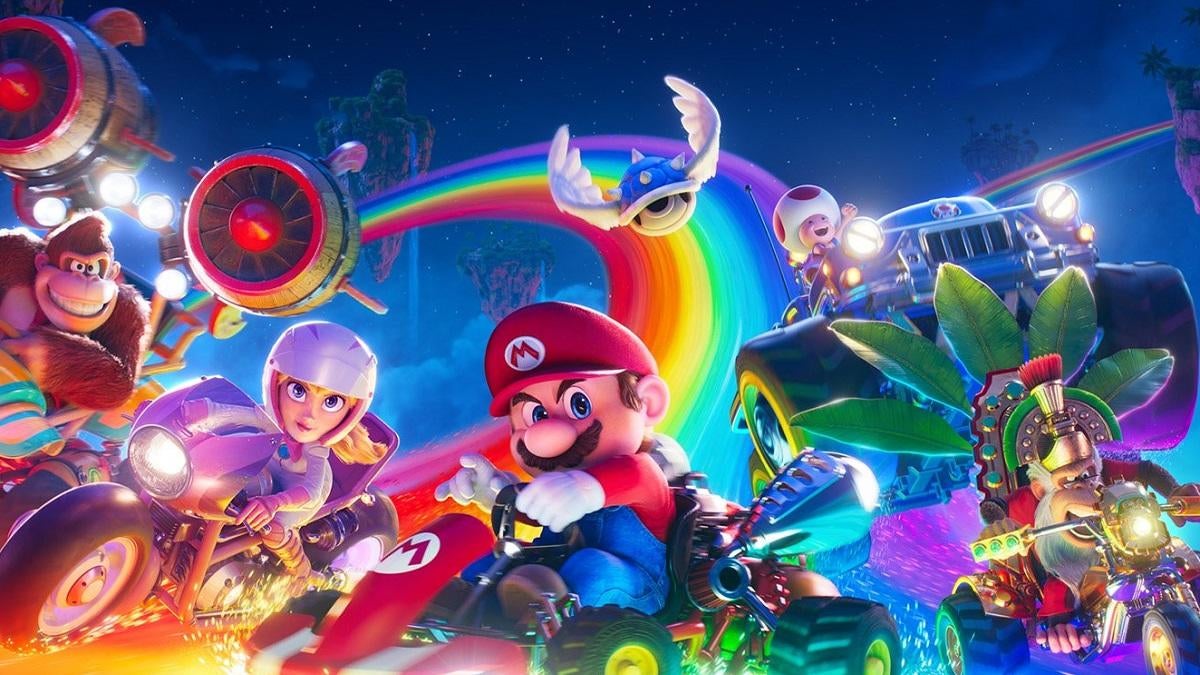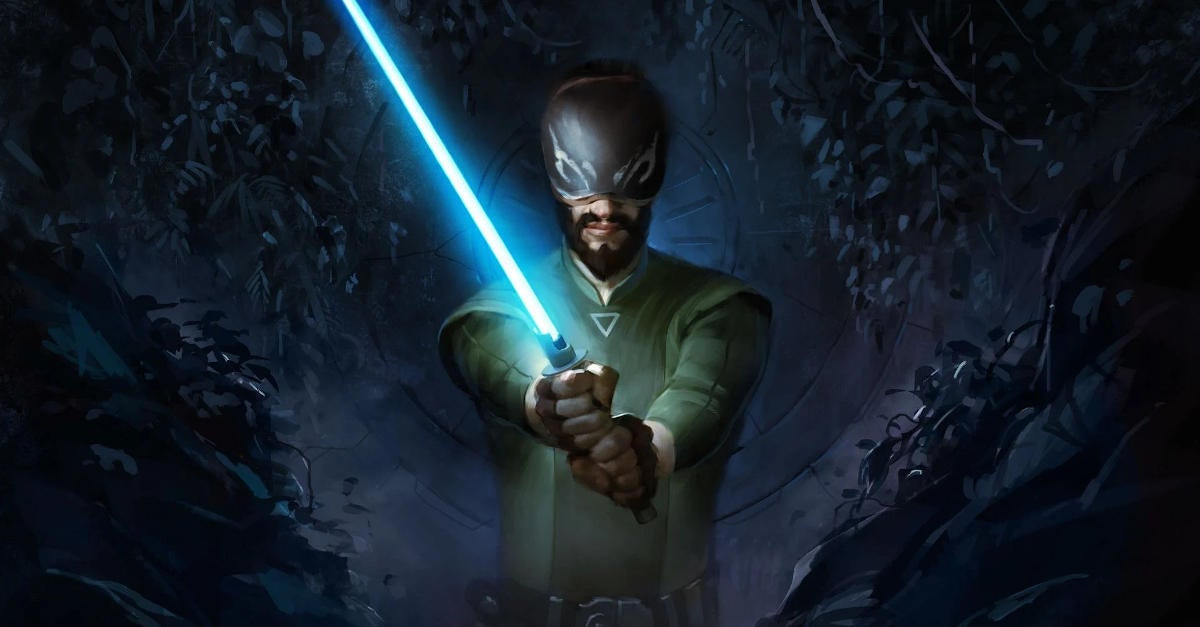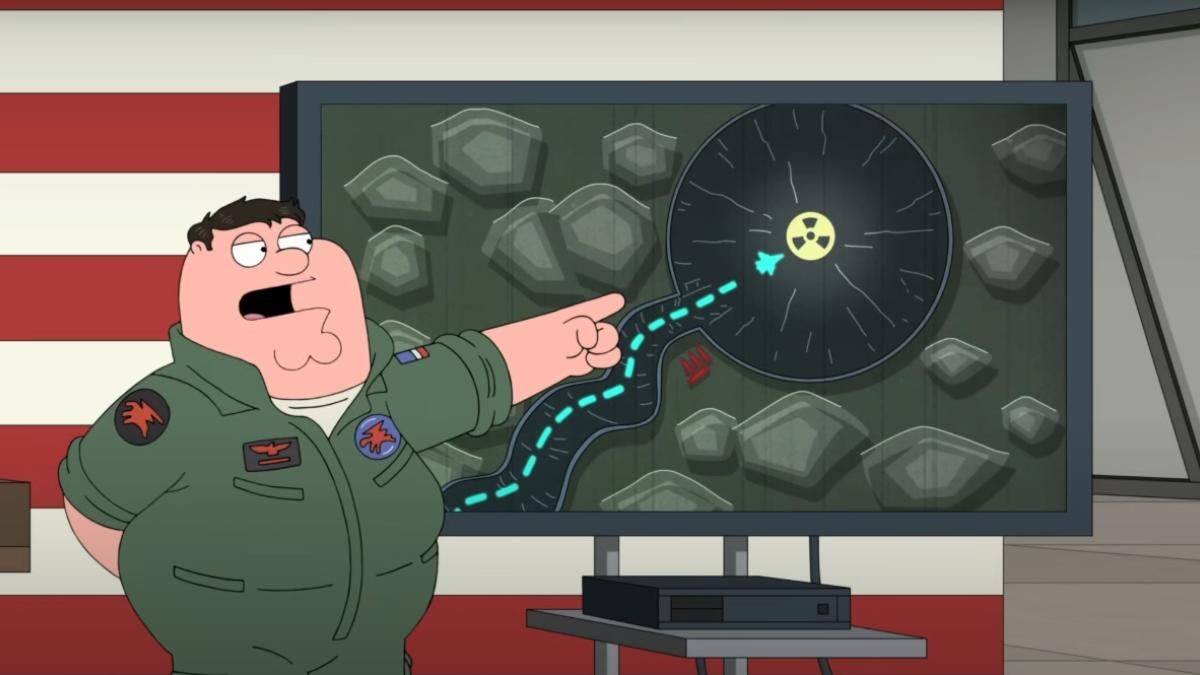Comic Shops and COVID-19: The Current Impact
Wednesday, May 20 was a big day for comic book fans. The date marked the first time since March 25 [...]
Wednesday, May 20 was a big day for comic book fans. The date marked the first time since March 25 that new comics were delivered to shops around the country by Diamond Comic Distributors. As fans celebrate the first real New Comic Book Day in almost two months, however, the comics industry continues to grapple with the impact the COVID-19 pandemic has had. As we've previously explored, there were quite a few shifts and changes to the direct market as we knew it that have occurred over the past two months, each of them with significant impact on the already complicated situation for local comic book stores but now that things are tentatively moving towards what looks like "normal", it's important to explore where comic book retailers are at this point in the pandemic by taking a look at the challenges local shops have faced over the past two months -- challenges that may have long-lasting impact despite the return of New Comic Book Day.
As we explored in the first part of this series, comic book shops already had a number of challenges before the coronavirus pandemic disrupted the status quo. The direct market, even before COVID-19, was far from perfect. Prior to the pandemic, Diamond Comic Distributors was essentially the only way shops could get new inventory of comic book titles, something that was a problem for some. Several of the shops we talked to across the United States indicated that they had some issues receiving their orders from Diamond complete, in good shape, or in a timely fashion.
On top of delivery issues, shops also reported that the lack of returnability was a major problem even before the pandemic ground everything to a halt. As you may recall, retailers more or less had to gamble when ordering titles as if a new title didn't sell well, they were unable to return it. It's a situation that was exacerbated by the ordering times for titles as books were ordered up to two months in advance with Diamond so if a title or an arc looked cool in previews, but didn't do particularly well once it arrived, stores were stuck with that stock due to non-returnability.
With those challenges already in play, the coronavirus pandemic shutdown created a set of compounding problems for local retailers. The biggest hit that local comic shops reported was the disruption not of supply chain, but of their general business operations due to stay at home orders enacted by many states and localities early in the pandemic.
"I'm now closed Sunday and Monday, I had to let my staff go, and am fulfilling online and mail orders on my own," Drew Sullivan, owner of Ash Ave Comics in Tempe, AZ told us in April. "We're located in Arizona and still allowed to operate a business, but we are not allowed to open the shop up for browsing by the public."
Even for stores that closed later into the pandemic, business dropped dramatically as COVID-19 continued to spread.
"We closed on March 28th, but could have closed 10 days before that, business was very slow," Patrick Zambrano, owner of Z's Comic Lair in Nashville, TN said.
The shutdowns and associated dramatic reduction of business has, for many shops, resulted in financial issues. Mary Jo Bammel, owner of Villainous Grounds in Perryville, MO, told us that even with their business being a coffee shop in addition to a comic book store, their business had taken a major hit.
"Unfortunately, even though we are still open and diversified our sales we aren't making even a third of our former income," Bammel said. "The bills still have to be paid."
In terms of bills, however, some shops noted that Diamond's March 23 announcement that they would stop receiving shipments at their warehouse -- thus effectively shutting down distribution in the direct market -- was both a blessing and a curse as it helped in some aspects, but not in others.
"It was a blessing and a curse," Zambrano said of the announcement. "On one hand, we knew that not getting out weekly product, that would kill a lot of the traffic in the store. But on the other hand, we are getting weekly invoices with no one to sell it to. If stores were still getting weekly invoices and having to pay that bill, it would crush stores."
Even with the challenges, many of the stores we spoke with were looking for ways to weather the storm. Nearly all of the stores we spoke with noted that they were continuing to take orders over the phone for books they had in inventory despite a lack of new stock, fulfilling those orders via mail or curbside pickup. Others mentioned selling on eBay and other online methods while also noting that it was much more work trying to stay afloat than it had been prior to the pandemic.
"It's a lot more work, and a lot more time spent in front of a computer," Sullivan said. "I think I'm working harder than I ever have though. There's no downtime, it's lots of checking emails, responding to emails, writing up invoices, doing the whole eBay thing, printing postage, going to the post office, doing social media posts, and taking orders for comics people want, mostly back stock orders although we can get most new TPBs [trade paperbacks] from all the comics companies through Ingram."
Other shops decided to shift their business model entirely. Villainous Grounds posted to their Facebook page on April 28 that, while their shop was looking ahead to a possible full reopen to in-house traffic on June 1, the comic book portion of their business would be shifting to a subscription-based service going forward.
"The comic book portion of our business will remain open, but we are going to be switching to mainly subscription-based service," the post reads. "We ask that each pull list customer provides us with an email address, and we will send weekly emails with information about upcoming comics once comics begin circulating again."
And as for that circulation? Diamond Comic Distributors resumed shipments this week.
Now that we've looked at how the direct market works and the pre-pandemic challenges local comic book shops faced, have broken down the events until now, and taken a look at how the pandemic directly impacted retailers, our next installment will explore what's next for the direct market and dig into the way forward from here and ways that comic book shops may be forever changed by the pandemic.




